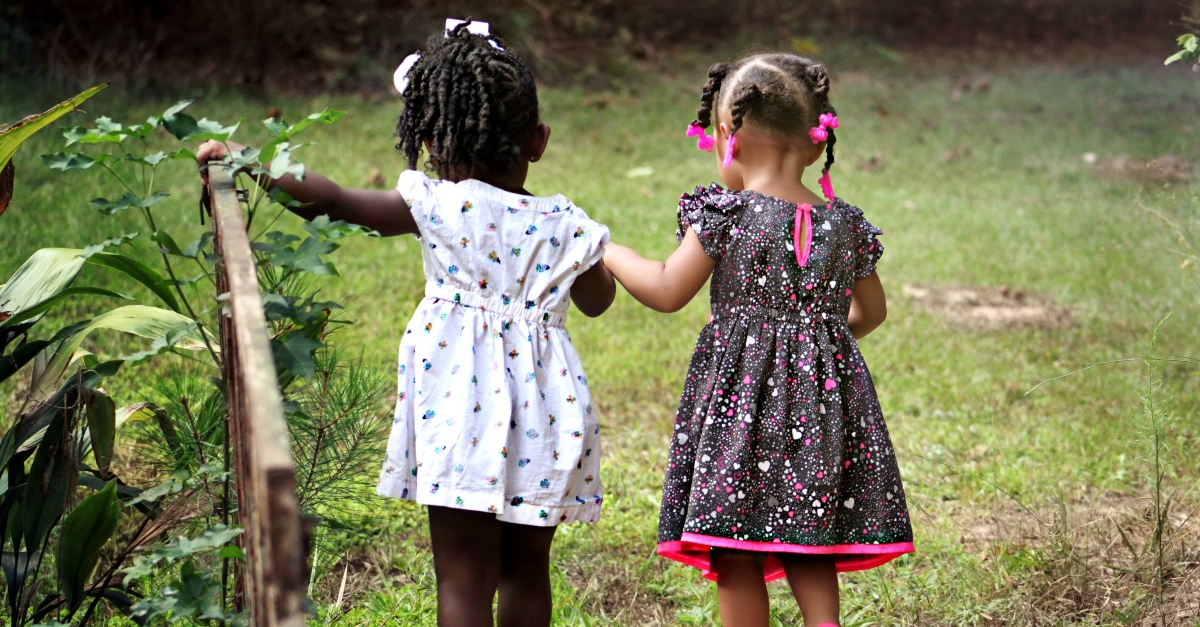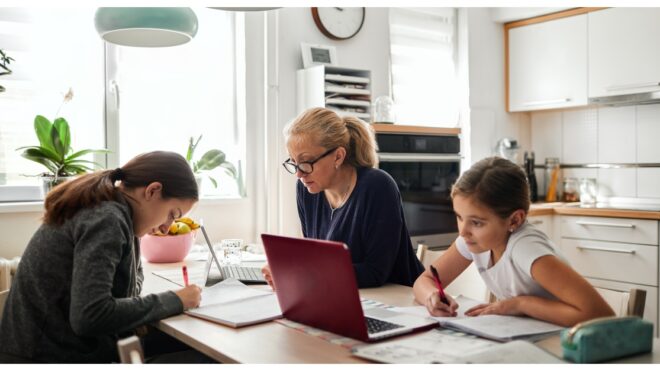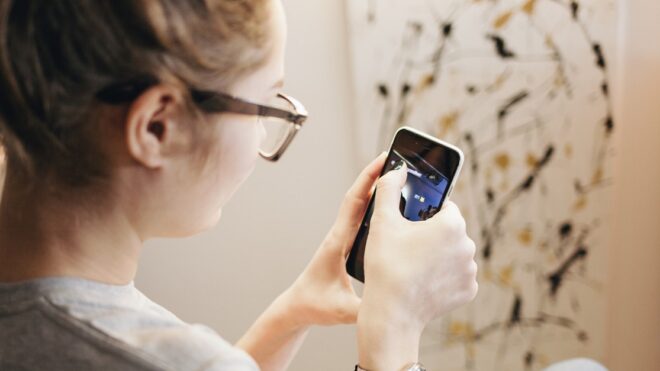
My youngest (by 20 minutes to her twin brother) has big feelings and seemingly small amounts of control when it comes to harnessing those emotions. Her joy, frustrations, anger, and sadness are all loud and explosive. The sheer volume of her emoting is a lot to take, but what worries me and causes my own big emotions to surface is what seems to be her lack of empathy. Her anxiety, fear, and hurt feelings manifest in destruction and violence.
Consequences don't seem to matter to her, whether in the form of loss of privileges or in the pain and frustration she causes others. She lashes out when she feels wronged, and then the shame cycle kicks in. She can't stop herself from getting in trouble because she seems to be perpetuating the negative external feedback she gets to match the negative stuff she can't control on the inside.
I have talked to her pediatrician about these outbursts, and he says to practice options for safer ways for her to act out her feelings that don't involve throwing tantrums and hitting people. We give her space to be loud in her room and where she is also allowed to punch pillows. But I want to find ways to tame that fire and help her feel more in control of her emotions.
This would help her walk away from a situation instead of inflaming it. I want to get her to a place where she can value what other people may be feeling. I want her to recognize that her actions and words have an impact. Right now there is not much regard for others because she doesn't seem to understand herself.
I know I often get caught up on the action and not the reason for my daughter's outbursts, and I need to do a better job at getting at the root of what she is feeling. My child seems to be lacking control and empathy. Jodi Aman — LCSW, best-selling author, family therapist, TEDx speaker, and psychotherapist — tells LittleThings that if we can help our kids build empathy, we can give them tools to feel in control.
"When kids can understand what another person is going through, this helps them read the world, which in turn makes them less vulnerable and feel more in control. When you have insight into what is happening inside people's minds and hearts, you interact with them in ways that are better for you and them."
But honestly, depending on my level of patience to help my daughter calm down, I know my parenting skills fail both of us at times. Sometimes it's hard for me to summon the empathy she needs most in the moments when she isn't showing any at all. My goal is to help both of us build those skills through everyday opportunities, and Jodi has several tips to start strengthening those muscles.
One way to build empathy is by talking about television, movie, or book characters. Asking our kids what they believe the characters are thinking or feeling helps them start to read people. Once you start asking your kids if a character's actions are predictable or not, you could then ask them what they would do or what they would say to the character. This feels safe and nonthreatening for my daughter, because when she is asked to express her emotions or put words to "real life" situations, she often clams up because of embarrassment.
Watching my daughter spiral triggers a mix of reactions in me. Jodi reminded me that it's crucial to be a model of empathy for her even when it's hard: "Be transparent about how you understand [your own feelings] and what feelings come up for you to help her develop this [skill.]" And it's important for our kids to see us do kind things for others so they know how to do the same.
Let them know when you send a thank you card, show up to help a friend, or make a donation to a cause you are passionate about. If we want our kids to think of others, they need to know how we put this into action so they can follow suit.
Sometimes the best form of empathy is space. It's important to teach our kids to have compassion for themselves by taking breaks and walking away from situations that become too hard or frustrating.
I want my daughter to have the tools to self-regulate, but in that comes her ability to understand another person's perspective and how they will feel the consequences of how she handles her emotions. This is a big ask for many adults, but it's a goal worth aiming for.







